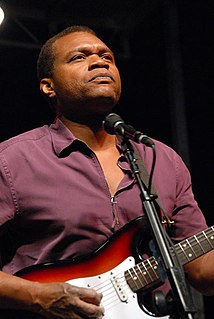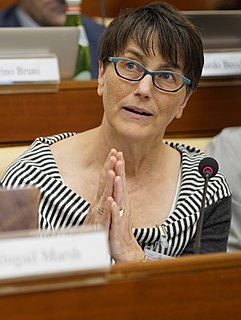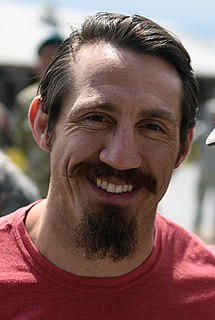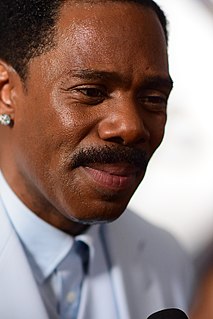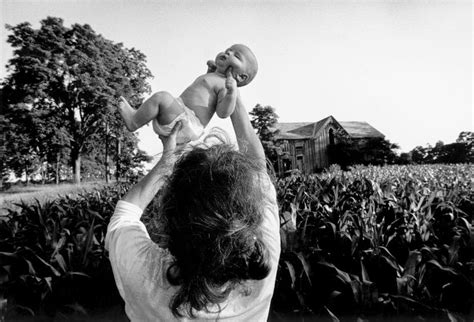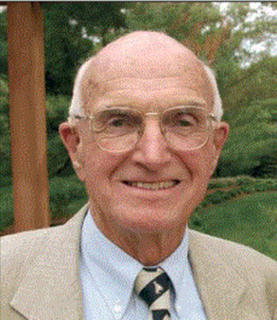A Quote by Hope Jahren
I'm a scientist - a geobiologist who's been studying trees, flowers, seeds, and soil for over twenty years. One day, I realized that I wanted, needed, to tell people - and not just other scientists - about my life in science.
Related Quotes
I don't think any administration, when they come in, thinks that their job is to tell the scientists what the science looks like or to be quiet about the science. Scientists need to remain true and not allow science to be politicized. Scientists are not politicians, and no politician should consider themselves to be a scientist.
This man, who for twenty-five years has been reading and writing about art, and in all that time has never understood anything about art, has for twenty-five years been hashing over other people's ideas about realism, naturalism and all that nonsense; for twenty-five years he has been reading and writing about what intelligent people already know and about what stupid people don't want to know--which means that for twenty-five years he's been taking nothing and making nothing out of it. And with it all, what conceit! What pretension!
I began studying human emotions more than twenty years ago. At that time, almost every scientist working in this area was studying one of the negative emotions, like fear, anger, anxiety, or depression. I wondered why no scientists cared to explain why we humans sometimes feel upbeat and pleasant. I liked the idea of charting new terrain. It's been a fun intellectual puzzle. There's so much to discover!
You should not fool the laymen when you're talking as a scientist... . I'm talking about a specific, extra type of integrity that is not lying, but bending over backwards to show how you're maybe wrong, [an integrity] that you ought to have when acting as a scientist. And this is our responsibility as scientists, certainly to other scientists, and I think to laymen.
If Katie Couric or Anderson Cooper asked me to come on to their shows and give them content every single day, I would do it because that gives me access to a huge population of people that I can hopefully, in some way, plant seeds in fertile soil, and those seeds would grow into oak trees of freedom.
I always wanted to be a scientist. I don't really have any writer friends. The process of being a writer is much more interior than being a scientist, because science is so reactionary. I think that all research scientists think of themselves as belonging to a grand tradition, building on work that has been worked on since the very beginning of science itself. Whereas I'm not sure writers think of themselves in the same way.
My wife Ann and I had been digging during the day, transplanting lilies from the front of this abandoned farmhouse back down the road to where we live. We finished. She was tired and laid in the grass. I took a picture. The house is now gone. The walnut trees have been bulldozed and burned. I saw this picture the other day for the first time in years and realized how photographing life within a hundred yards of my front porch had helped me focus on everything I cared about.
Is the Church inimical to science? Growing up as a Catholic and a scientist - I don't see it. One truth is revealed truth, the other is scientific truth. If you really believe that creation is good, there can be no harm in studying science. The more we learn about creation - the way it emerged - it just adds to the glory of God. Personally, I've never seen a conflict.
Scientists blame the audience for being too stupid, shallow, or lazy to understand. There has been a fascinating debate in the blogosphere lately about communicating science to the public, and it's clear that most scientists just don't get it. They can't be bothered to talk to real people. Nobody will care about your issues if the price they have to pay is listening to a long lecture from Morton the science bug.
Foreign policy is now a huge field. It isn't just people who are studying political science. There are so many aspects to it in terms of understanding hard science for people who are studying climate change, or people who are interested in health policy or food security, or people who care about education.


